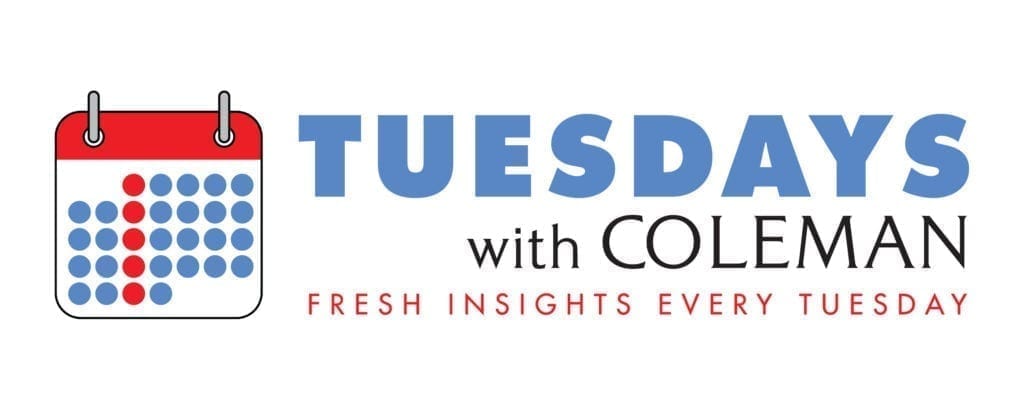
I was driving my 13-year-old son Teddy to school about a month ago and listening to the morning show on one of our local radio stations. Out of nowhere, he turned to me and said, “Let’s call the station.” Turns out he was interested in requesting a song and seeing if there was a contest to play.

Radio DNA – My son Teddy trying on my Sony MDR-V600 headphones at a station remote in 2009.
This question surprised me on a number of levels.
- Like many teenagers, he’s generally more invested in watching videos on YouTube than listening to the radio;
- When he does listen to music, it usually involves navigating his Spotify playlist or playing records (yes, records) at home;
- He’s never expressed interest in calling a radio station before.
He further surprised me by knowing the phone numbers of the stations by heart. He punched in the number of the one we were listening to. Knowing the possibilities on the other end of the line, I prepped him a bit. “Morning shows are really busy, so it’s possible they won’t answer.”
Ring…ring…ring…and that’s what happened with the first station. No answer, no voicemail, no nothing. Just ringing.
He mentioned another station and asked to call that show. Sure, why not.
Ring…ring…ring…no answer. No voicemail.
Rinse and repeat with a few other stations until there were no other stations the boy was interested in talking to.
In every single instance that morning, at every radio station he called, there was no response. Just ringing.
My first reaction was disappointment for him. When I was his age, I called radio stations all the time for the same reason. And usually, someone picked up the phone. I made requests on the CHR stations. Gave opinions on the sports talk station. Some of my idols were DJs. Those phone calls inspired me to want to be one of them.
So here we are in 2020, trying to figure out ways to keep radio relevant for younger generations. Meanwhile, a 13-year-old gets the urge to call a local radio station and no one picks up. Guess how many times he’s tried again since?
You know the answer.
This really struck me when I arrived at the office and discussed this with Matt Bailey of Integr8 Research, our sister company. It’s not the fact that no one was available to answer the phone that bothered us – that’s unavoidable.
It’s the fact that, despite all the tech we have available now, radio stations are just letting the phone ring when a listener is actually calling to engage!
I covered radio’s long-standing “I’ll see what I can do” attitude in a December blog post, challenging stations to do better when listeners make requests. But now I wonder, just how many opportunities to engage listeners are we leaving on the table?
What if, when a listener calls your radio station and the jock is unavailable, it goes to a recording of whoever is on-air at that time (schedule the recordings in sync with the air schedule) letting the caller know they can’t pick up the call right away but encouraging the caller to leave a message with a request? Or a question? Or feedback? Why aren’t we taking this opportunity to record testimonials for promos?
This can be customized. The jocks can toggle between being available to talk live and when they need the voicemail backup. Instead of voicemail, if it won’t be long, ask the caller to wait on hold for a minute. During that hold, the caller can listen live or listen to a promo.
Can your station app have a “Talk to Control Room” button that automatically allows for this recording if the station can’t be reached? Or one that goes to chat instead?
Keeping consumers interested in radio must involve dissecting every point of contact and removing points of possible friction. The request line is one friction point.
Hopefully, my son will get the urge to call a station again. But I guarantee if he just gets ringing, there won’t be a third time.

There’s another side of this story that perhaps has escaped consideration. 9 times out of 10, calls coming in to the request line are problematic. Many of them are spam calls, surveys or political polling calls. They are also people who don’t know who they’re calling or why. And in the rare instance when someone is actually calling to talk to an on-air host, they’re calling to say something offensive or rude. Just a few years ago, I advised my afternoon host to stop answering the phone when she got a spate of calls that went on for several days from a man who commented about her breasts. After about the 10th call in three days, I suggested she not answer the phone anymore. Your son’s calls are an anomaly these days, a person who actually wants to engage. Most listeners who really want to engage are doing it through social media. The voicemail idea is great for instances like the one you document in this post. It is a missed opportunity, but its rare these days when those phone calls are meaningful.
That’s a great point and thanks for sharing, Abby. I’d add it doesn’t just apply to requests – as long as stations ask listeners to call in for topic discussion, contests, etc. I think it would be better customer service to still provide the voicemail option and in those cases you’d be capturing the listeners that actually are calling to engage.
Sure, calls to studio lines are dwindling. But all it takes is one magic moment for great radio to happen. Or one bad first impression for somebody to feel negatively about your radio station for life. Adding voicemail is EASY. So why NOT do it?
Radio is one of the last customer service fields left where the line just rings. Even the weird neighbor lady selling Essential Oils to a client list of 5 people has voicemail.
Thanks, Mike. Turns out the weird neighbor lady is quite an effective example.
I’m surprised that no one brought this up yet.. RADIO VOODOO already takes care of the phone problem. https://www.radiovoodoo.com/ Now someone has to retrieve these calls. I used it at KGB in San Diego for a few years and it was pretty handy. Abby’s remarks about “problematic” calls isn’t a new one. There’ve been plenty over the years. We used to joke about kids who would call and say “Play ‘Ben'”. (click). That only happened 90 times per hour during the heyday of Michael’s early solo career. The beauty of listeners can be a learning process for air talent -and it’s great to reach out to them-after they’ve taken the time to call. Even in 2020 a call-in remark on the air is so much better than “text the word ‘squash’…..” because you can take that conversation places. The pureplays can’t do that. In 2020 we shouldn’t put the listener in last place.